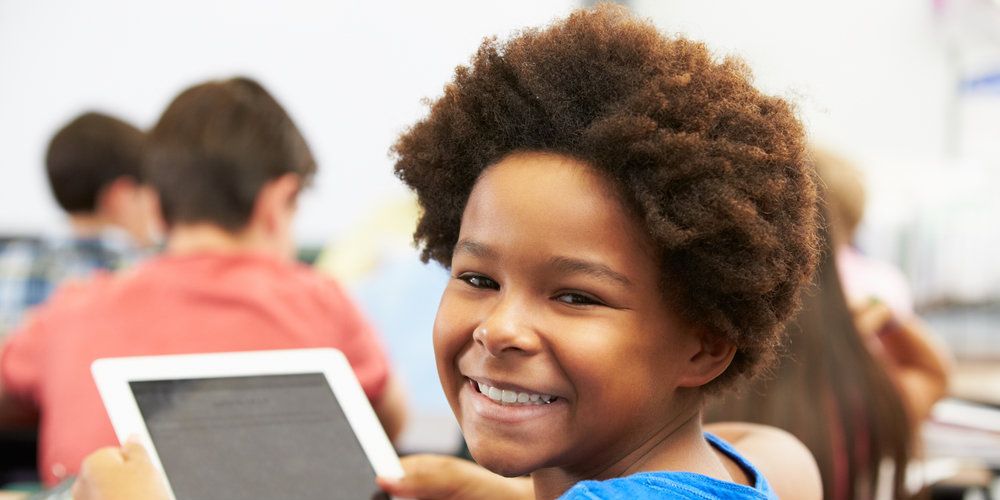How the Ferguson Tragedy Highlights the Vulnerability of Our Kids’ Education

by Kimberly Peeler-Allen for Higher Heights of America
In the weeks since the unconscionable killing of Michael Brown by Ferguson, Mo., police officer Darren Wilson, the media has produced a nonstop barrage of stories chronicling the tragedy’s effect on the mostly African-American community. But one casualty has received minimal coverage: Ferguson’s youngest residents were scheduled to begin a new school year just days after the August 9th shooting, but the ongoing unrest kept them out of class for more than a week and a half.
There is little about the aftermath in Ferguson that doesn’t cause grim reflection and unease. But as a mother of two children—one school aged—I can’t help but linger on the immediate and long-term consequences that a delayed school year has for our kids. It widens the already massive learning divide that exists between Black children and their White and Asian counterparts.
In Florida, for example, public school administrators set significantly lower achievement standards for Black students than for White, Asian or Latino ones. This not only means that our children are expected to fail academically, but that the schools in our neighborhoods are denied equal educational resources and the benefit of talented teachers. In communities like Bryan, Texas, police officers are hired to patrol schools and issue criminal summons to students for disruption of class or use of foul language. Such summons are the first step toward criminalizing children, and while Black students make up less than 25 percent of the Bryan Independent School District’s student body, they account for more than half of the summons issued each year.
It is clear that it is not enough for us to send our kids off to school, show up for parent-teacher conferences and hope that they will succeed. We have to advocate for their educational opportunities at school board meetings and inside the voting booth. Schools in our communities need the kind of systematic fix that can only come with drastic policy change and the election of public officials who are committed to our children’s educational achievement. As parents and voters, we need to demand that our elected officials craft and institute policies that improve our schools by providing more diverse, engaging and rigorous curriculums and support our families through measures like paid family leave and income equity—both of which allow parents to be more engaged in their children’s academic success.
The United States is in the midst of an educational crisis, and our children are the casualties of this failure. We need a shift in priorities if we want to ensure their futures. The upcoming November election provides an opportunity for us to let candidates know what our families want and need in terms of education reforms and to pull the lever for those who seek to implement changes that will raise the quality of our kids’ learning. And long after the election is over, we need to work with our elected officials to bring these changes to fruition and hold them accountable for following through on their promises.
Republished with permission from Higher Heights of America

No comments: